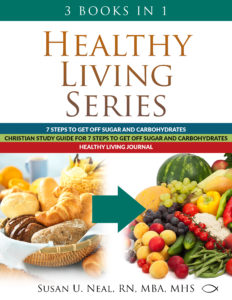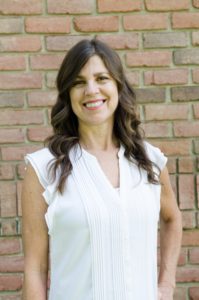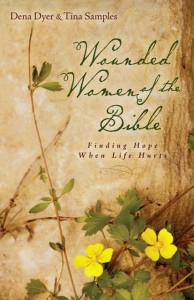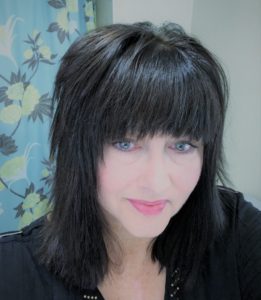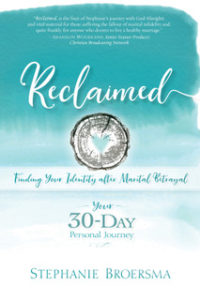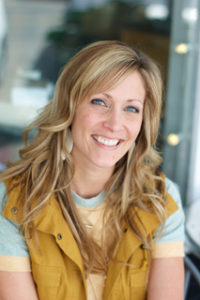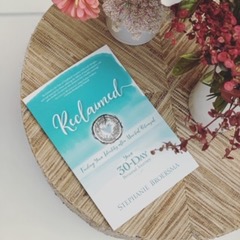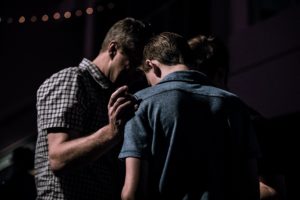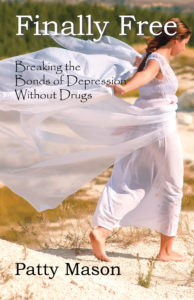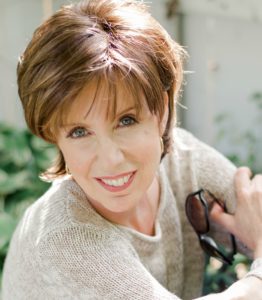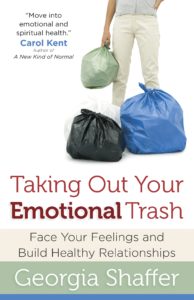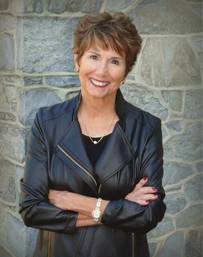 Sitting on the patio, I watched my dog Katie as she settled down into a patch of sunshine on the lawn. She lifted her head and sniffed at the air, then rested her chin on one paw and closed her eyes. With one ear drooping in characteristic fashion and the sun gleaming on her red coat, she looked wonderfully content.
Sitting on the patio, I watched my dog Katie as she settled down into a patch of sunshine on the lawn. She lifted her head and sniffed at the air, then rested her chin on one paw and closed her eyes. With one ear drooping in characteristic fashion and the sun gleaming on her red coat, she looked wonderfully content.
As I studied her, just laying there, no care in the world, I thought about how she served no real purpose in life. She was a sweet dog, but what did her life accomplish?
She was a life created by God simply because He decided He would create a demure, mild-tempered, but slightly neurotic dog with one floppy ear and one upright ear, who loved sniffing out as many smells as she could. God created Katie because He delighted in doing so—and He enjoyed her because she was his creation, just as he enjoyed the other living things he created. They may serve no deep purpose in the world, but if not, they weren’t meant to. They simply exist because they are God’s creation, and God enjoys His creations.
God’s delight in what He created is evident beginning in Genesis where it says: “God made the wild animals according to their kinds, the livestock according to their kinds, and all the creatures that move along the ground according to their kinds. And God saw that it was good.” (Genesis 1:25)
“It was good.” God loves his creation. Like the saying goes, “God doesn’t make no junk.”
As I continued watching Katie and contemplated this simple truth, I thought about myself and how I tend to feel that to be loved I must do something, I must perform, I must earn love.
And I realized this was just not true.
God loves us purely because we are His creation. God loves me simply because I am His. God loves you simply because YOU are His—not because of anything you have done or anything I have done or will do.
“I have loved you with an everlasting love” God declares in Jeremiah 31: 3
And the Psalmist says, “For the Lord takes delight in his people” (Psalm 149:4)
Over and over in the scriptures, we read of God’s love for us—His delight in us—even when we fail Him, even when we’re weak.
“How priceless is your unfailing love, O God! People take refuge in the shadow of your wings.” (Psalm 36:7)
“The Lord your God is with you, the Mighty Warrior who saves. He will take great delight in you; in his love he will no longer rebuke you, but will rejoice over you with singing.” (Zephaniah 3:17)
I imagine many times you probably feel like I did—that you must earn love, that you are unworthy of love unless you do something significant. If so, take a minute to bask in the sunshine of God’s unfailing and everlasting love. Turn your eyes to heaven, and your heart to the One who delights in you simply because you are His. Enjoy loving the true lover of your soul.
He doesn’t love us because we perform. He doesn’t stop loving us when we do something wrong. He just loves us. We are his creation.
***
Yes, God loves you despite what is happening with your marriage or other relationships. If you need encouragement, I invite you to check out my book, Broken Heart on Hold, Surviving Separation. It will be a friend to you whenever the circumstances of life are pulling you down.
